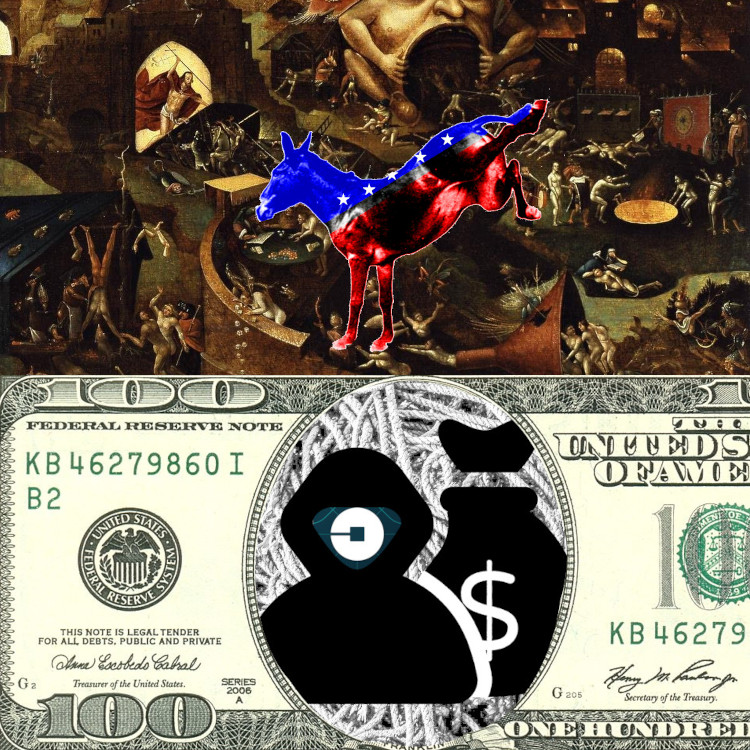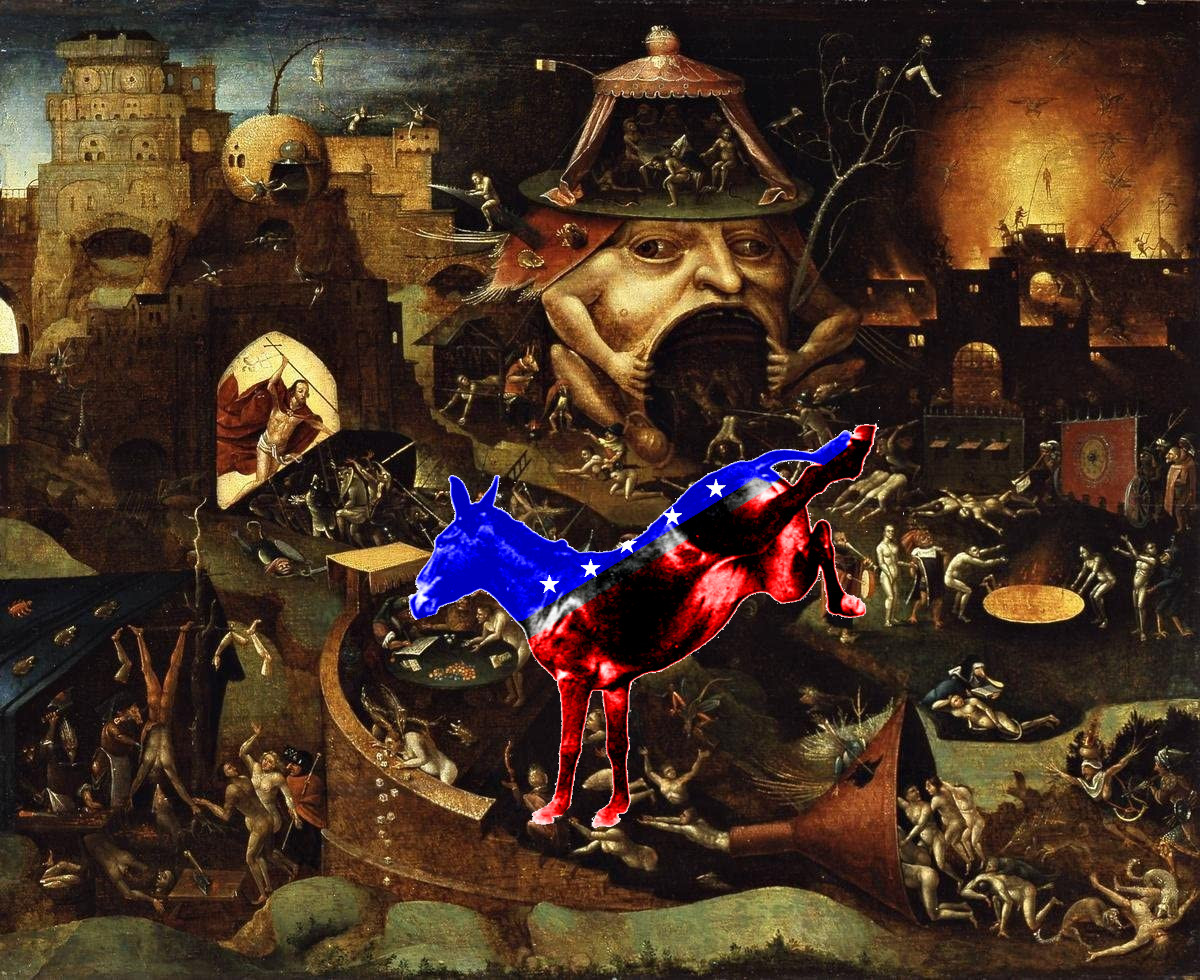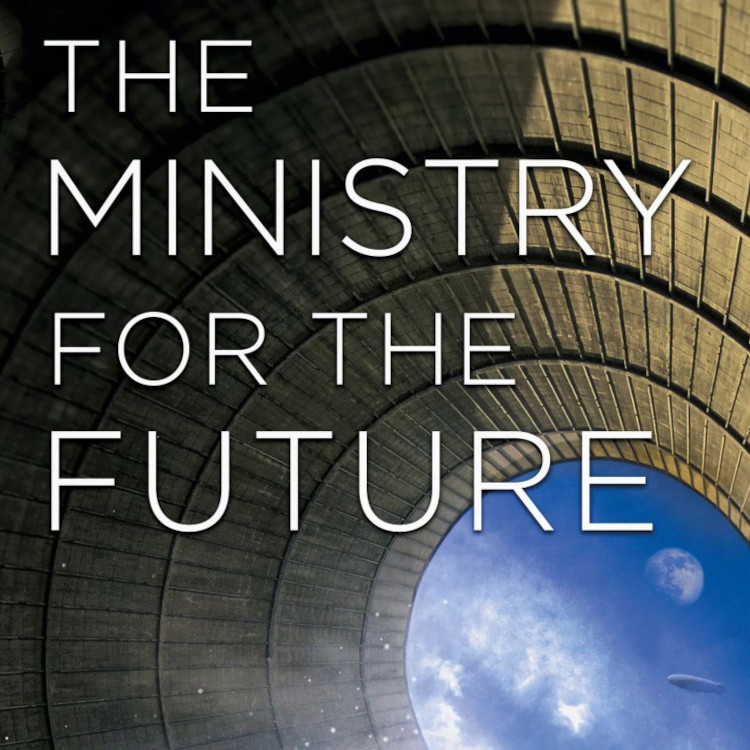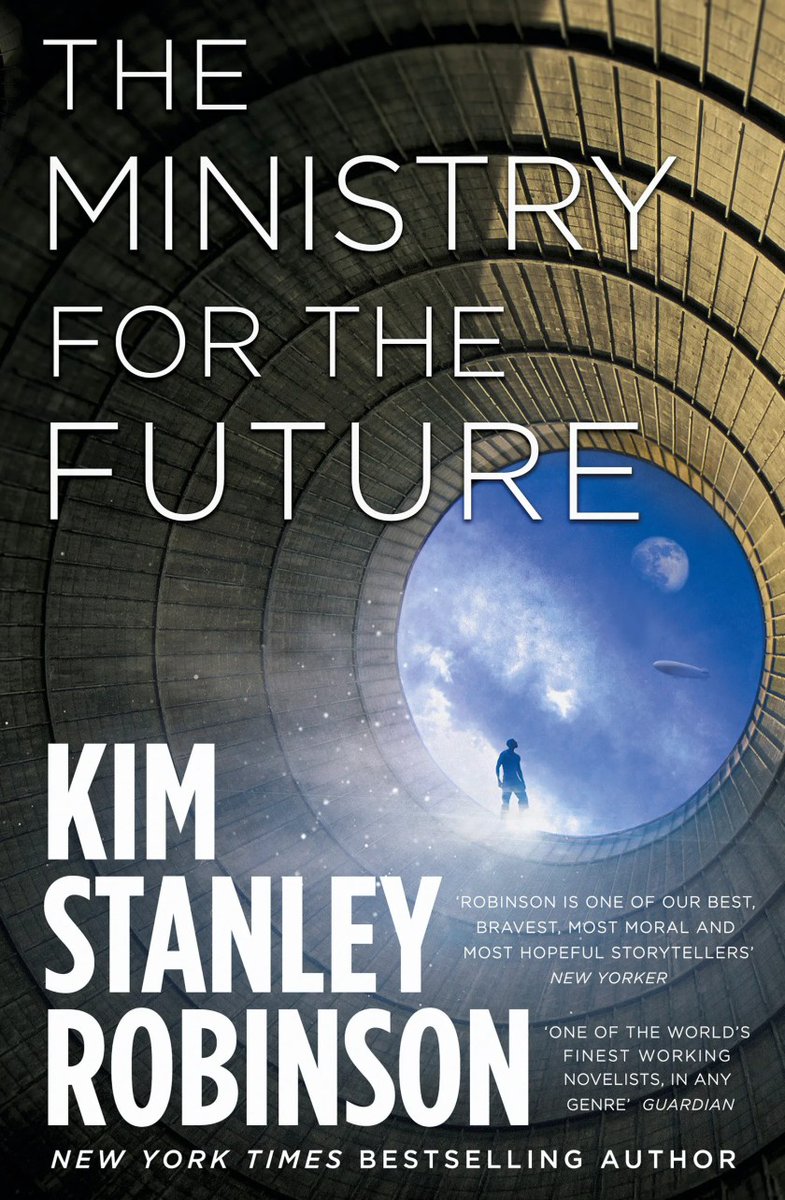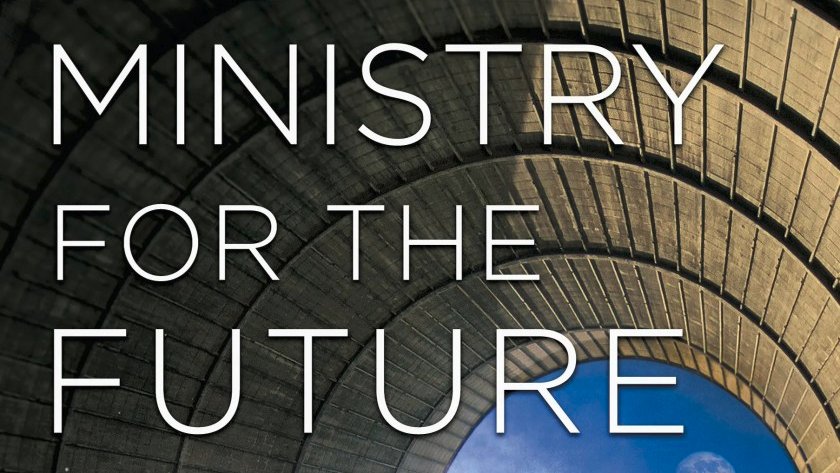
Brood 17 - the unbelievable large swarm of 17-year cicadas - is already emerging in parts of America. This summer, Americans in the brood's path will experience a plague(ish) of locusts(ish), as the skies darken and the roads run slick with bug-guts.
1/
1/

Writing for @wired, @Knibbs brings us the cuisine of @cookinforpeace, a renowned chef who has pioneered "sustainable sushi" and is now foraging in DC for early B-17 bugs to turn into chow: pizza, paella, and sushi.
wired.com/story/eating-c…
2/
wired.com/story/eating-c…
2/
In much of the world, eating bugs is no big deal, and not just novelties like chocolate ants: think of chapulin tacos, the Oaxacan grasshopper delicacies. These are a serious seasonal delight in LA, and I can personally attest to their deliciousness.
latimes.com/food/dailydish…
3/
latimes.com/food/dailydish…
3/
The most exciting thing about eating bugs is not in the fact that they're bugs, but rather in that they are considered a pest and a problem, which we can turn into a delicacy. Bugs (including "pests") are high protein, low-carbon, and abundant.
4/
4/
If you pay attention to the climate emergency, it's hard to avoid the nagging sense that every time you eat, you're contributing to the planet's destruction. Food's got a heck of a carbon footprint, especially farmed food, ESPECIALLY farmed *meat*.
pluralistic.net/2021/01/06/met…
5/
pluralistic.net/2021/01/06/met…
5/
Which is why the idea of eating pests and invasive species is so exciting. It's not just the idea that you're eating "guiltless" food, it's the weird sense that maybe we can turn the destructive power of the capitalism machine on things we want to get rid of.
6/
6/
Capitalism, after all, is true star of Nick Bostrom's thought-experiment of a paperclip-manufacturing AI that optimizes and optimizes itself.
nickbostrom.com/ethics/ai.html
8/
nickbostrom.com/ethics/ai.html
8/
It barrels on and on until it turns the entire universe into paperclips. The "slow AIs" of shareholder capitalist enterprises pursue profit to the destruction of their environments, workforces, customers and societies:
decisionproblem.com/paperclips/ind…
9/
decisionproblem.com/paperclips/ind…
9/
It's a cruel irony that our asset bubbles are always fueled by destruction of something we need (like a breathable atmosphere and a planet that isn't on fire), rather than, say, the destruction of invasive species or pandemic viruses or similar.
boingboing.net/2021/05/10/pow…
10/
boingboing.net/2021/05/10/pow…
10/
Wouldn't it be great if, instead of a foie gras-eating fad, we had a KUDZU-eating fad, one that saw all the kudzu in the American south harvested to feed the rapacious kudzu-barons' vast kudzu empires? (Kudzu cookery exists, but has not caught fire).
nature.org/en-us/about-us…
11/
nature.org/en-us/about-us…
11/

The closest thing to this that I've encountered in the wild are the delicious lionfish tacos in the scuba towns in Roatan, Honduras, where invasive lionfish (possibly descended from aquarium escapees) are destroying the reef ecosystem.
fisheries.noaa.gov/southeast/ecos…
12/
fisheries.noaa.gov/southeast/ecos…
12/
To be clear, lionfish taste good! But also, the experience of lionfish is doubly delicious because you know you're creating a market for scuba guides and fishermen to hunt lionfish, and if this drives them to extinction, that'd be a GOOD thing for the planet!
13/
13/
This idea - driving a social phenomenon with markets - surfaces from time to time in science fiction. In Damon Knight's 1992 comic masterpiece WHY DO BIRDS?, an ad-agency is recruited to convince the entire human race to climb into a box (!).
memex.craphound.com/2018/12/28/why…
14/
memex.craphound.com/2018/12/28/why…
14/
The agency hits on a winning strategy: they announce that only rich people are ALLOWED in the box and that box-berth prices are sky-high.
Soon, plutes are clamoring for spots, while the rest of the world demands climb-into-the-box equity to end being-in-a-box inequality.
15/
Soon, plutes are clamoring for spots, while the rest of the world demands climb-into-the-box equity to end being-in-a-box inequality.
15/
Eight years later, @bruces proposed something similar to deal with climate change, in his brilliant 2000 Viridian Design Manifesto, which called on ecologists to rethink ecological measures as exclusive luxuries.
viridiandesign.org/manifesto.html
16/
viridiandesign.org/manifesto.html
16/
The idea wasn't to actually make ecologically sound living into the exclusive purview of the wealthy, but rather to make ecological living into something both status-defining AND aspirational, creating demand across the board for sustainable technology.
17/
17/
But markets have a failure mode, that paperclip tragedy mode, which is that they are purely instrumental, driven to maximize their victory conditions irrespective of whether these become detached from their underlying goals.
18/
18/
Universal Paperclips are a subspecies of Monkey's Paws, in other words, a "be careful what you wish for" parable.
19/
19/
SF's got you covered here, too, as in Harry Harrison's "Make Room! Make Room!" (turned into the movie Soylent Green), where the invasive species we devour to save the planet is…us. (BTW, the @torbooks edition of the novel has a stupendous cover).
us.macmillan.com/books/97807653…
20/
us.macmillan.com/books/97807653…
20/

Alas, the actual situation is more Make Room! Make Room! than Viridian. Our carbon offsets are a market for lemons, useless performances of conservation what will always be cheaper - and thus more successful in the market - than the real deal.
pluralistic.net/2020/12/12/fai…
21/
pluralistic.net/2020/12/12/fai…
21/
And nothing epitomizes the hollowness of the eco-luxury market like Tesla, a company that is only profitable because it sells carbon offsets that keep the SUV market alive.
22/
22/
A company whose longterm stability involves bitcoin holdings with the carbon footprint of 1.8m cars.
news.yahoo.com/tesla-bitcoin-…
23/
news.yahoo.com/tesla-bitcoin-…
23/
Still, I would happily eat some Brood 17 I-can't-believe-its-not-foie-gras.
Header image:
Toby Hudson (modified)
commons.wikimedia.org/wiki/File:Aust…
CC BY-SA:
creativecommons.org/licenses/by-sa…
Kudzu image:
Natalie Maynor
flickr.com/photos/natalie…
CC BY:
creativecommons.org/licenses/by/2.…
eof/
Header image:
Toby Hudson (modified)
commons.wikimedia.org/wiki/File:Aust…
CC BY-SA:
creativecommons.org/licenses/by-sa…
Kudzu image:
Natalie Maynor
flickr.com/photos/natalie…
CC BY:
creativecommons.org/licenses/by/2.…
eof/
ETA - If you'd like an unrolled version of this thread to read or share, here's a link to it on pluralistic.net, my surveillance-free, ad-free, tracker-free blog:
pluralistic.net/2021/05/11/uni…
pluralistic.net/2021/05/11/uni…
• • •
Missing some Tweet in this thread? You can try to
force a refresh


